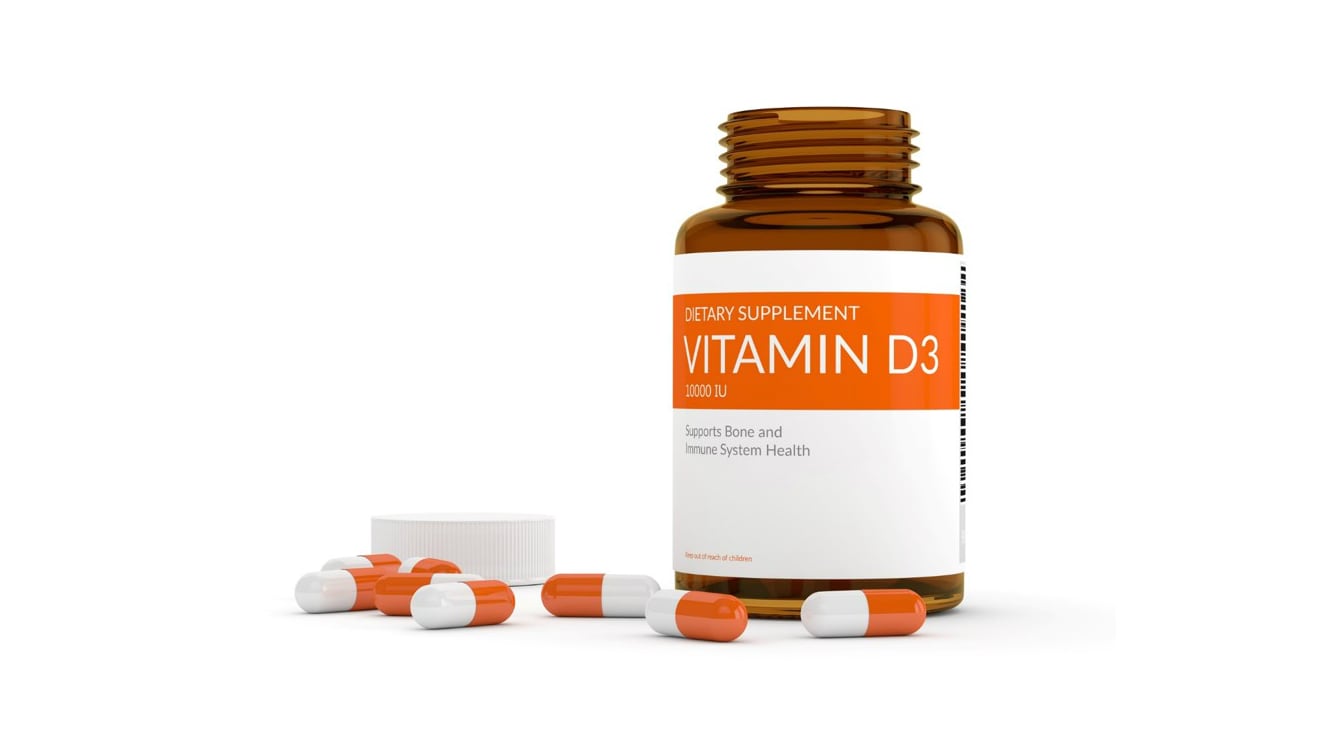The body's levels of vitamins C and D are inversely correlated with components of metabolic syndrome, and the two vitamins are therefore often used as antioxidant supplements during endurance exercises.
Researchers at Iran's Tehran University of Medical Science and Sulaimani Polytechnic University conducted an RCT to assess if vitamin C and / or D intake, together with endurance exercise, would lower the risk of metabolic syndrome.
C-ing what the D can do
They recruited 180 male and female participants aged 30 to 50 years and randomly assigned them into six groups: participants in the vitamin C group each took 500mg of vitamin C supplements every morning, while those in the vitamin C plus PA (physical activity) group each took the same dosage either at 7:30 AM or 3 PM and underwent 30 minutes of endurance exercise daily.
Participants in the vitamin D group each took 2,000 IU of vitamin D supplements every morning, and those in the vitamin D plus PA group took the same dosage, following the same supplementation and exercise routine as the vitamin C plus PA group.
Finally, there were two placebo groups: one took part in 30 minutes of daily endurance exercise while the other did not.
The intervention period lasted for three months, during which the researchers collected data for analysis.
They subsequently reported that vitamin D had had a greater influence on metabolic syndrome than vitamin C, according to variations in the effects of the two supplements on body variables such as fasting plasma glucose, total cholesterol, LDL cholesterol and blood pressure.
However, vitamin C was found to be more effective in reducing waist circumference, as well as triglyceride and HDL levels. Still, there was no significant difference between vitamin C's and vitamin D's effect on waist circumference.
These findings were supported by previous research, which had implied that changes in weight circumference were noticeable only in overweight individuals, not healthy or underweight individuals.
Furthermore, another study reported that daily supplementation with 1,000 IU of vitamin D for overweight and obese women had resulted in a significant reduction in body fat mass, but not in waist circumference.
The researchers added that while vitamin D supplementation alone did not have any effect on weight, it could affect weight when combined with endurance exercise, though further studies were needed to properly assess this hypothesis
Participants in the vitamin D plus PA group also experienced lowered systolic blood pressure, but the same was not observed in those who had taken vitamin C.
In terms of fasting plasma glucose, neither vitamin C nor D led to any significant changes, and triglyceride levels also had no significant interaction with either vitamin.
Additionally, vitamin D had a greater impact on LDL cholesterol, while vitamin C had a greater impact on HDL cholesterol.
The researchers wrote that "the opposing results can be explained by differences in the functional presence of either LDL cholesterol or HDL cholesterol within the body".
Bigger and longer
They added that the study's main limitations were its small sample size and short duration, factors that restricted the generalisability of the results.
In conclusion, they wrote: "Studies with a larger sample size and longer follow-up period, together with (the) measurement of other related vitamins levels, may yield more meaningful data on the effects of vitamins supplementation on metabolic syndrome patients.
"The consumption of vitamin D or vitamin C supplements may improve the life of metabolic syndrome patients. However, the combination of physical activity and vitamin supplements maximise the effect, and this combination should be recommended."
Source: Diabetology & Metabolic Syndrome
https://doi.org/10.1186/s13098-018-0384-8
"Comparative effects of vitamin D and vitamin C supplementations with and without endurance physical activity on metabolic syndrome patients: a randomized controlled trial"
Authors: Halgord Ali M. Farag, et al.



